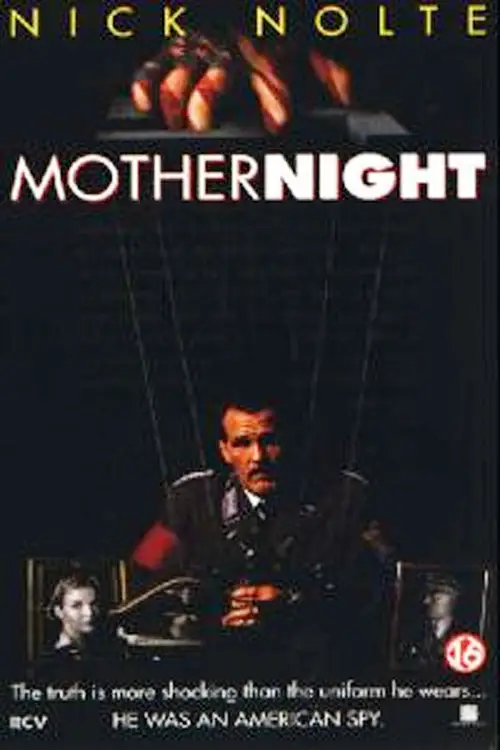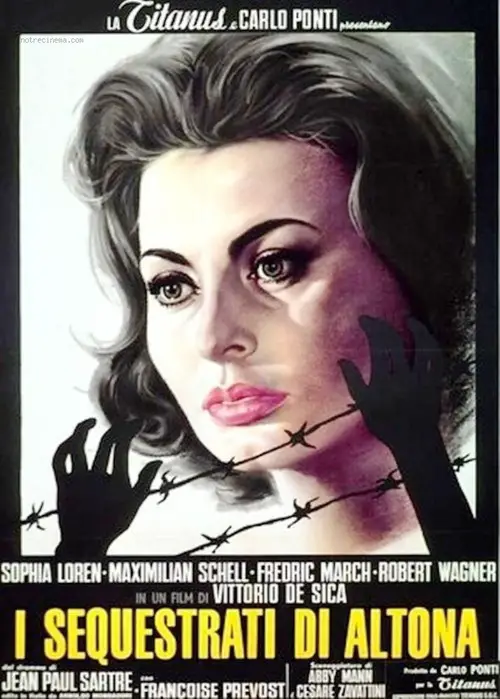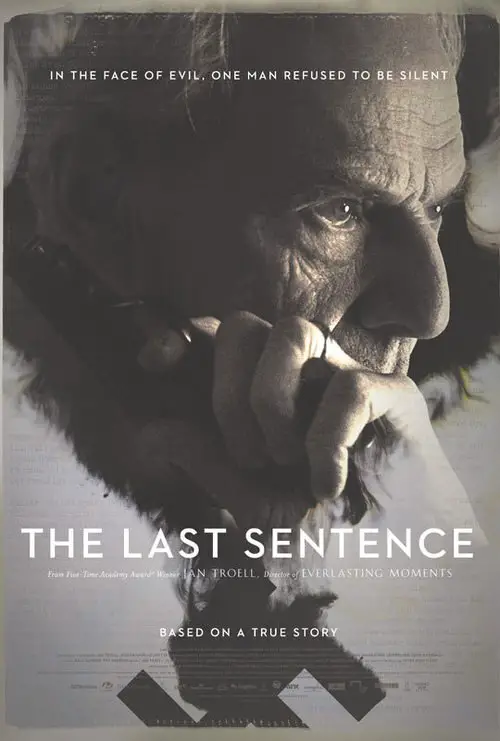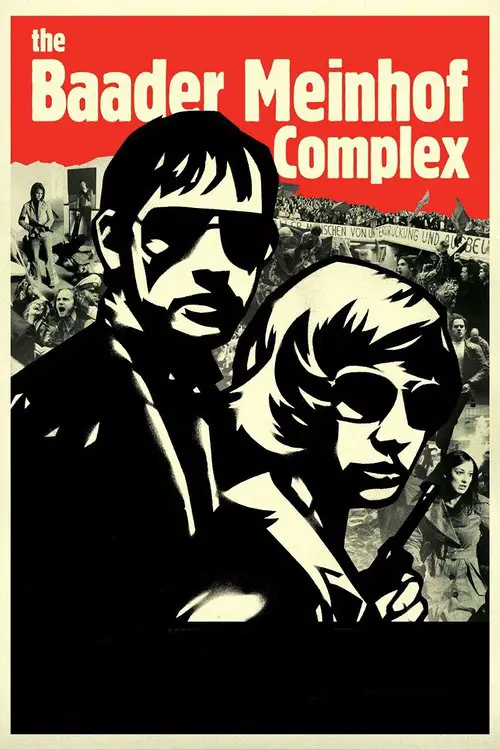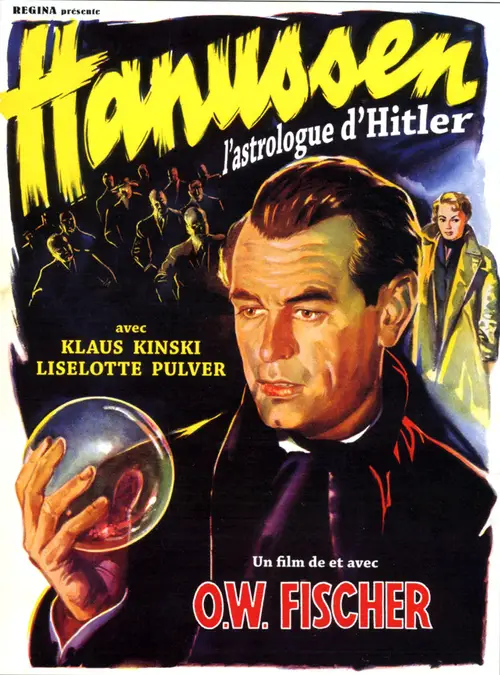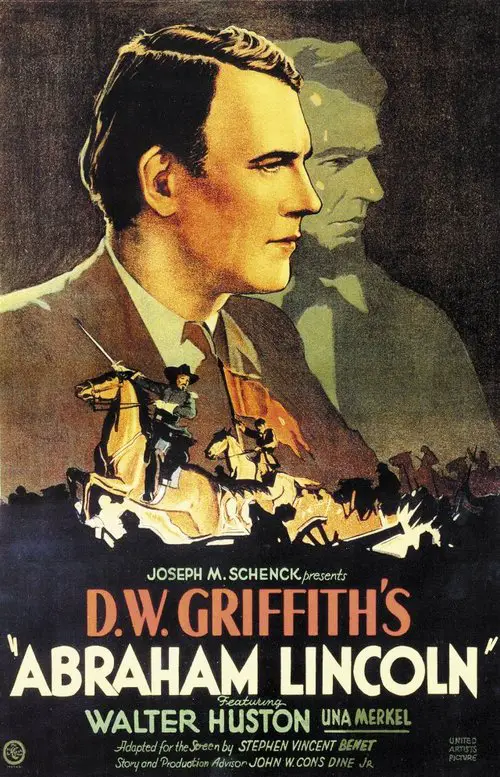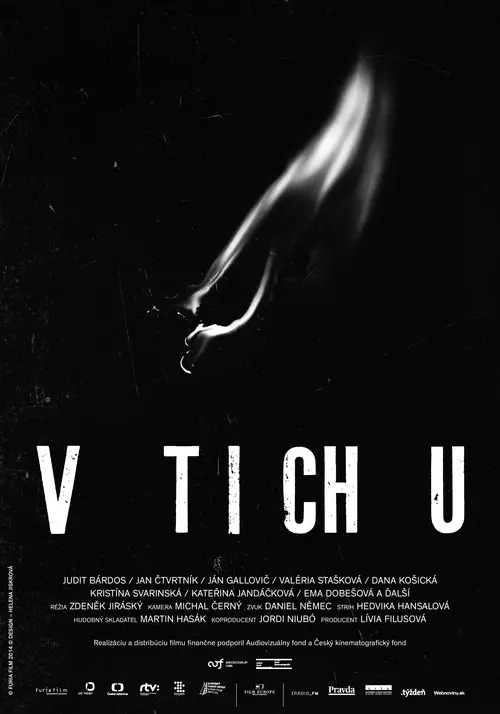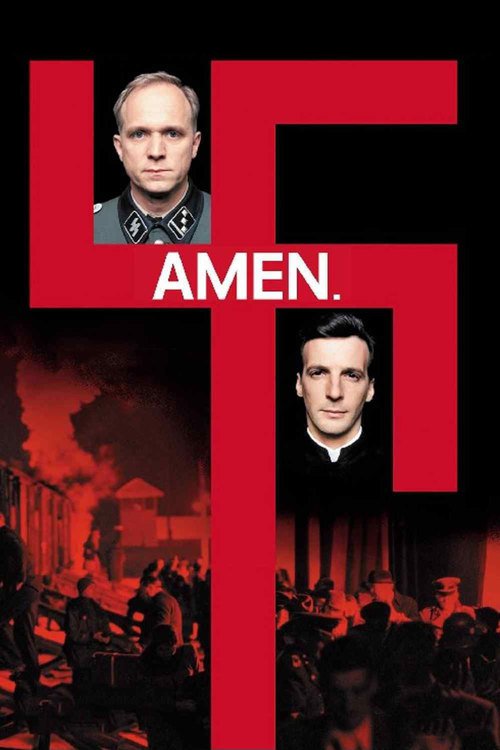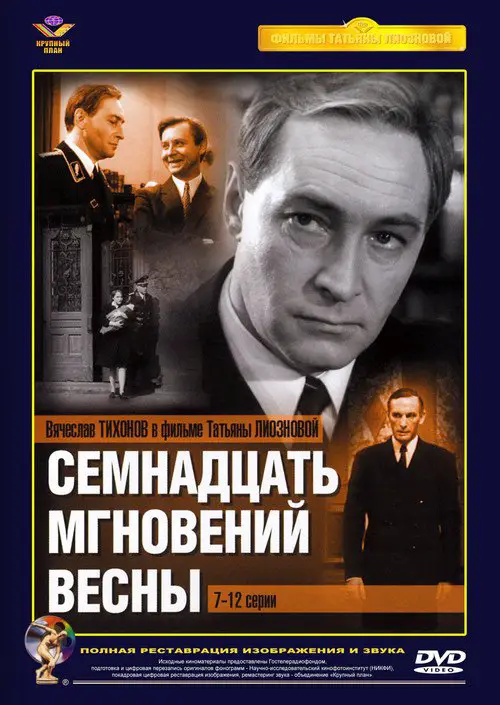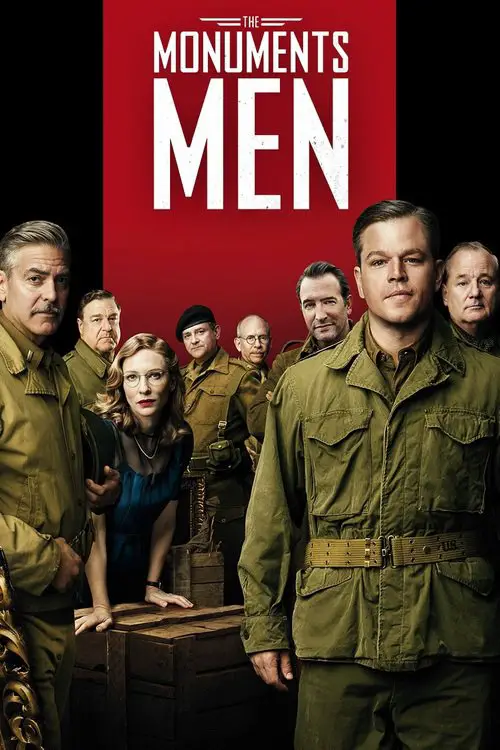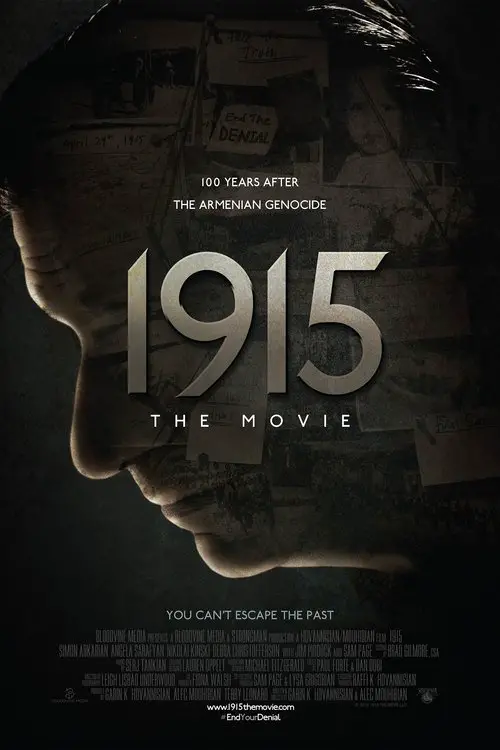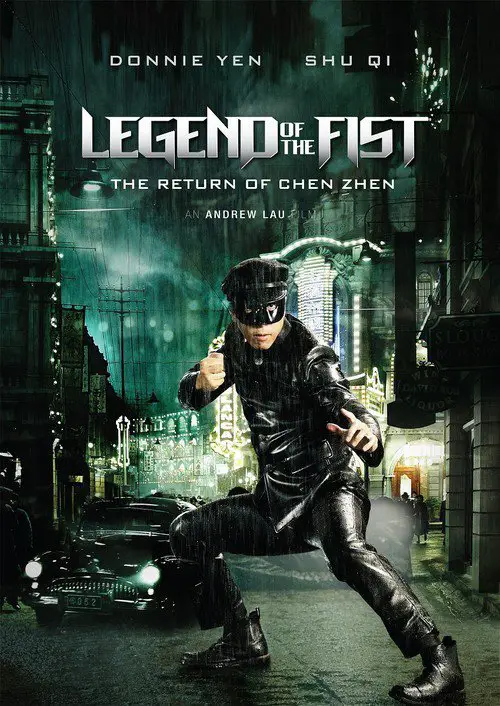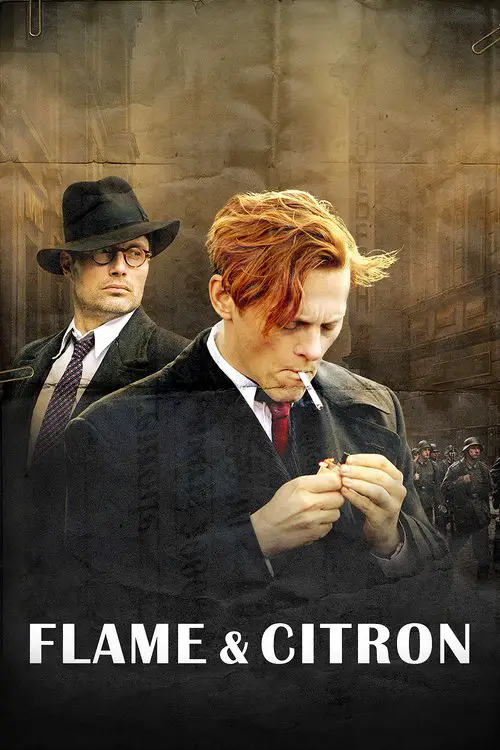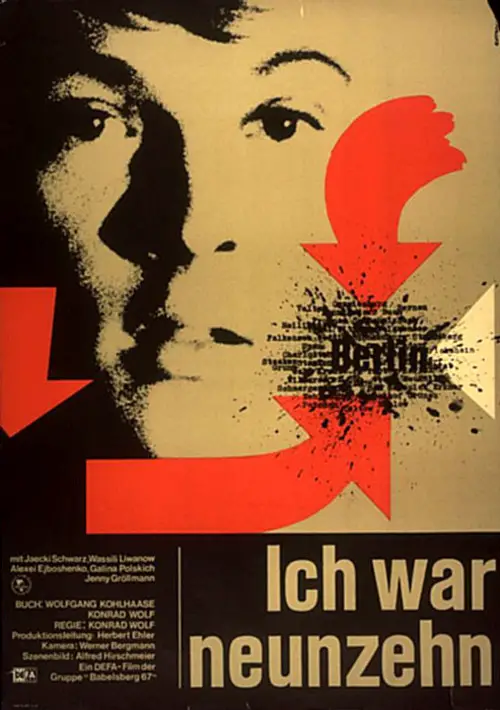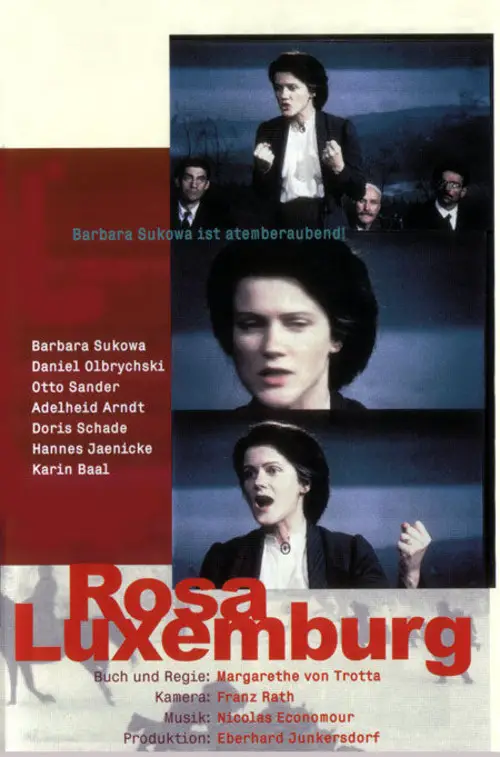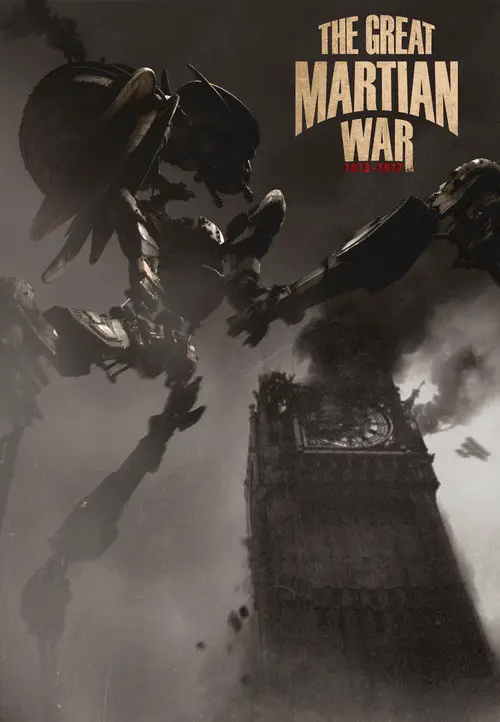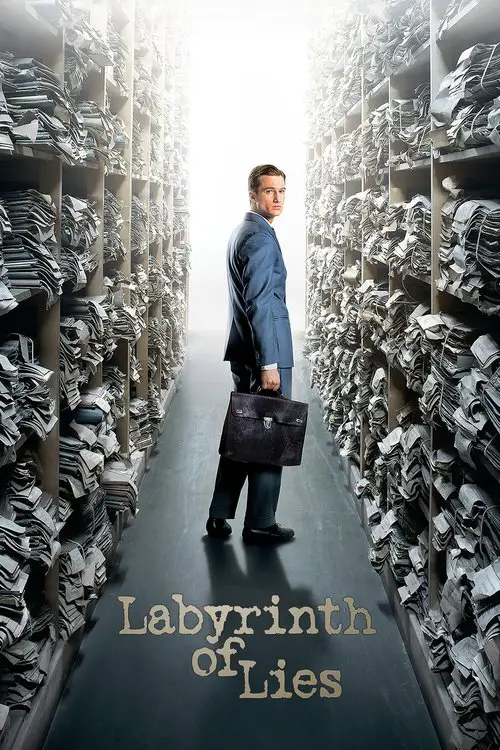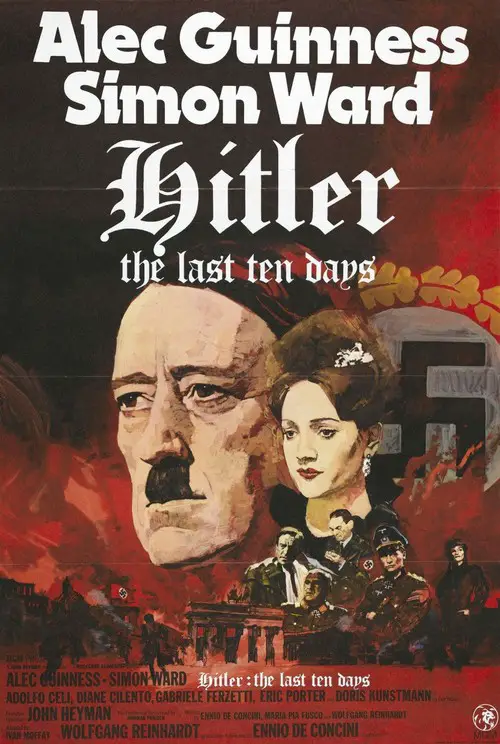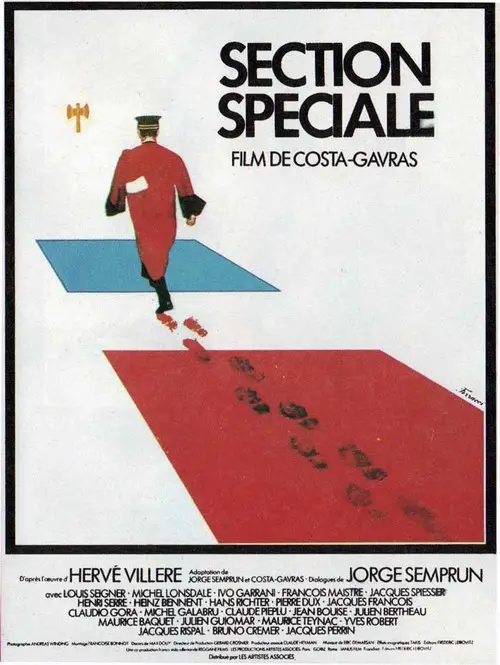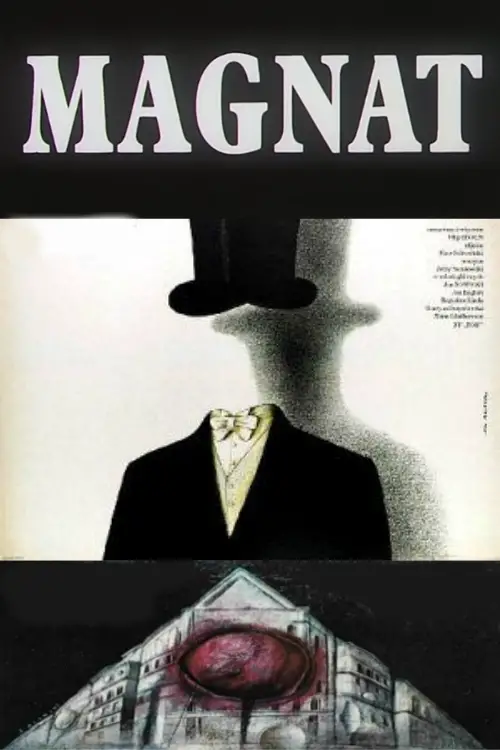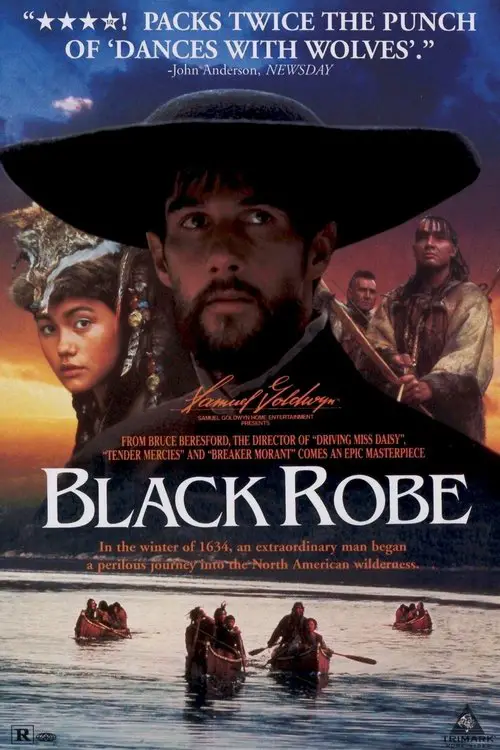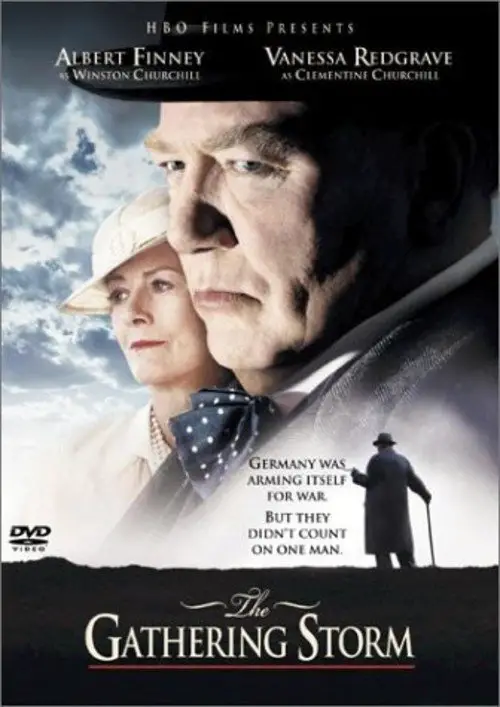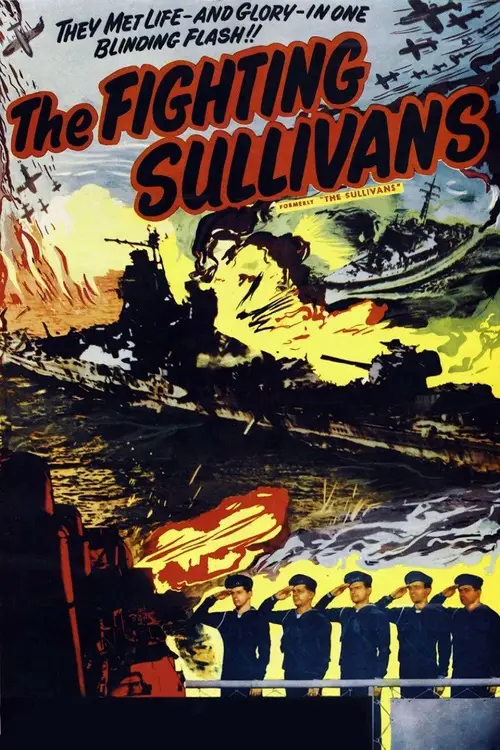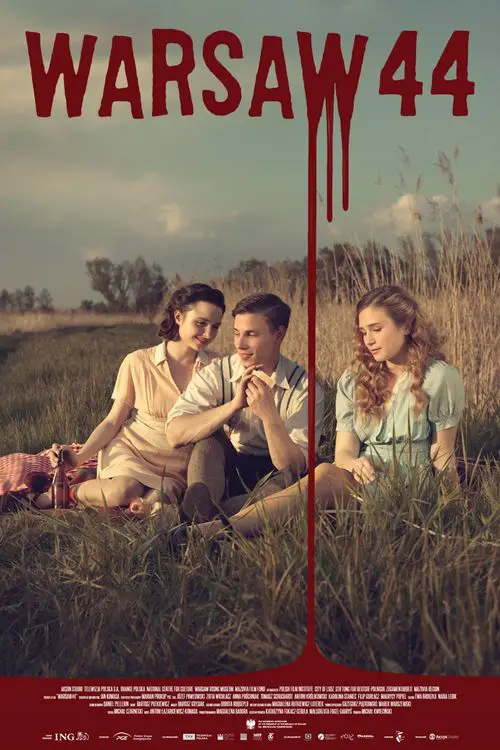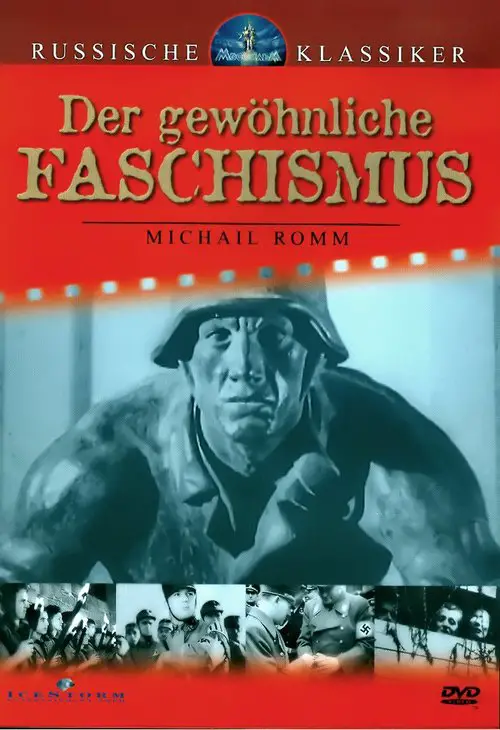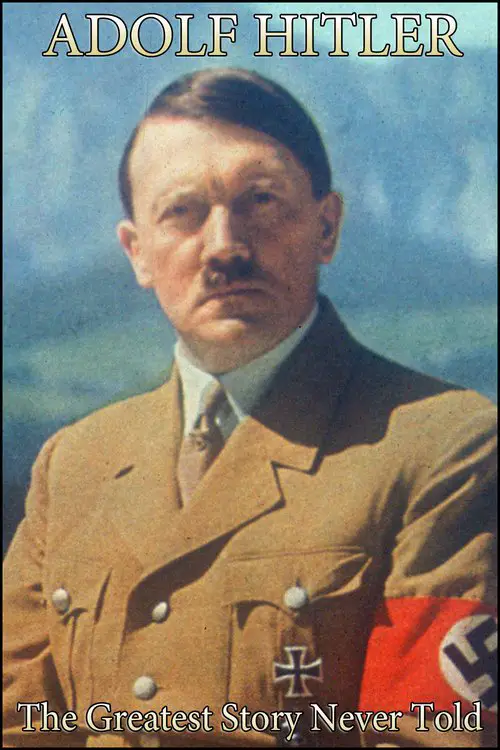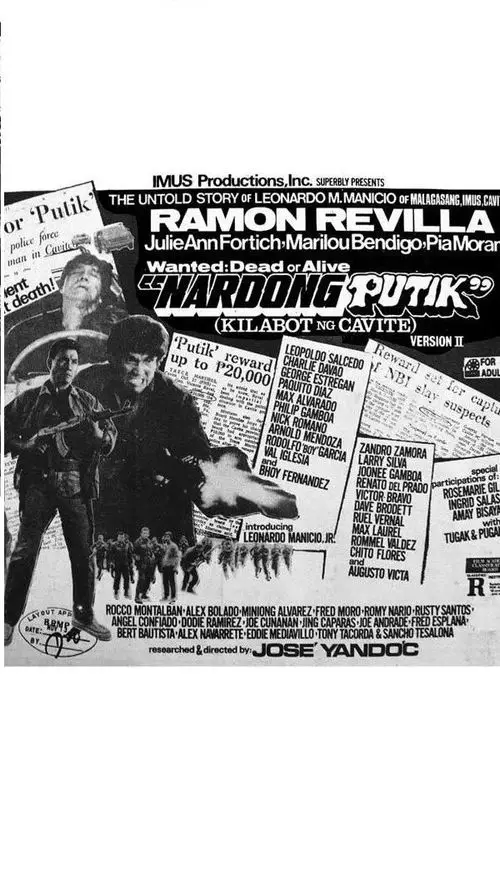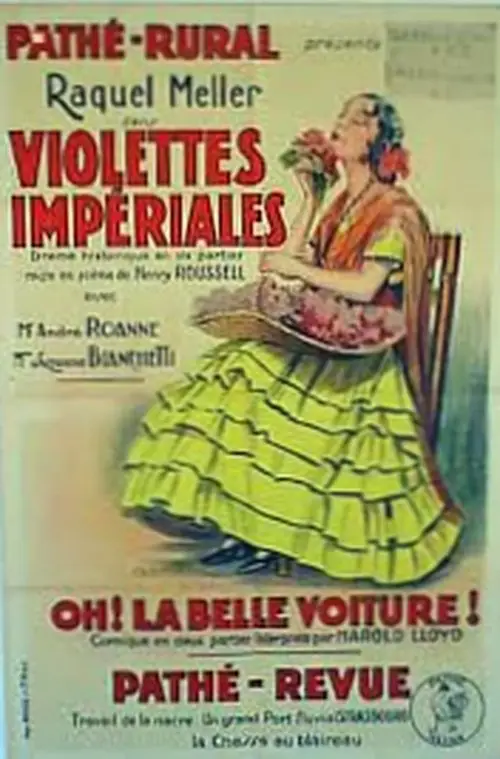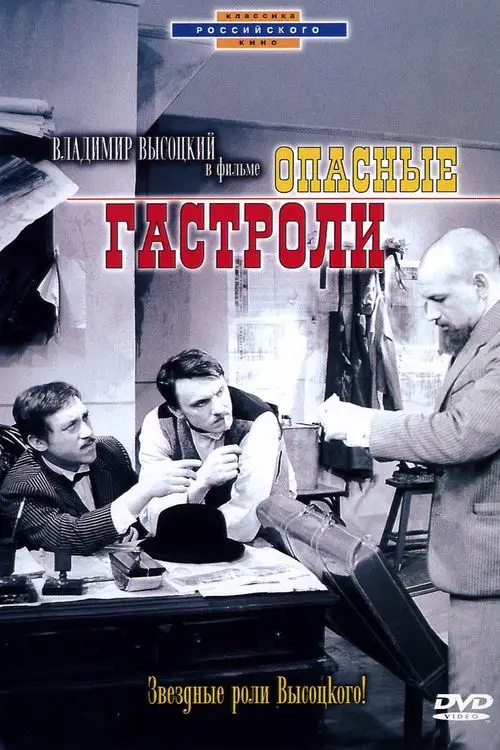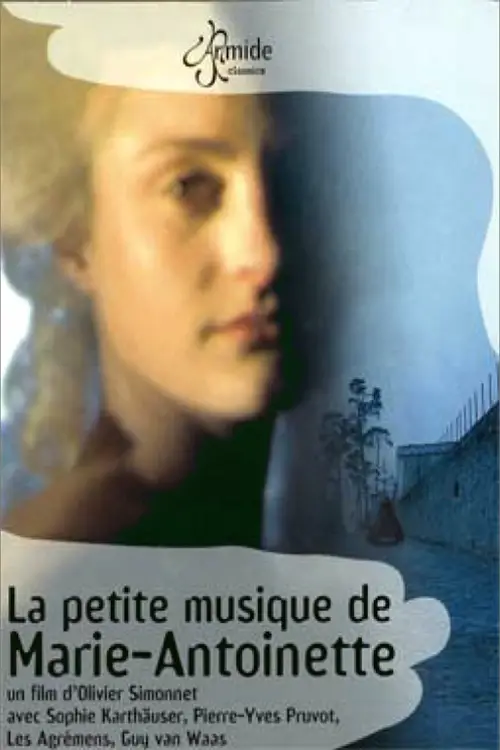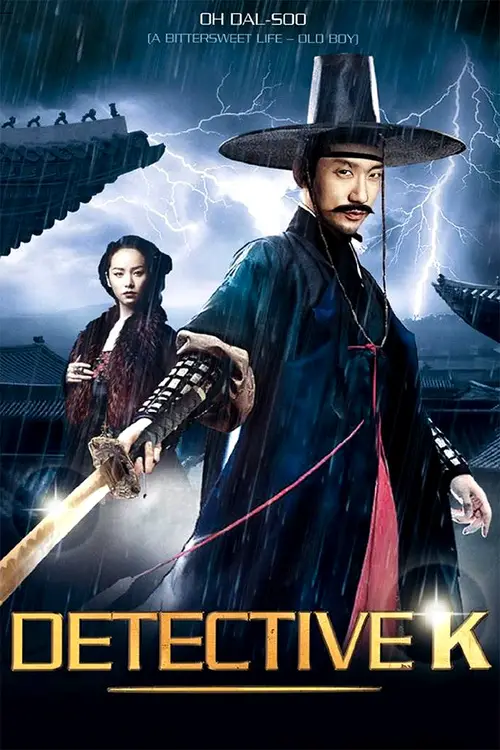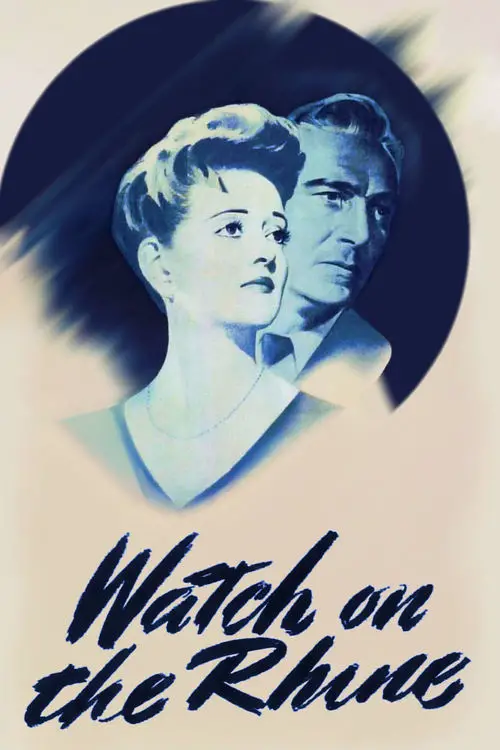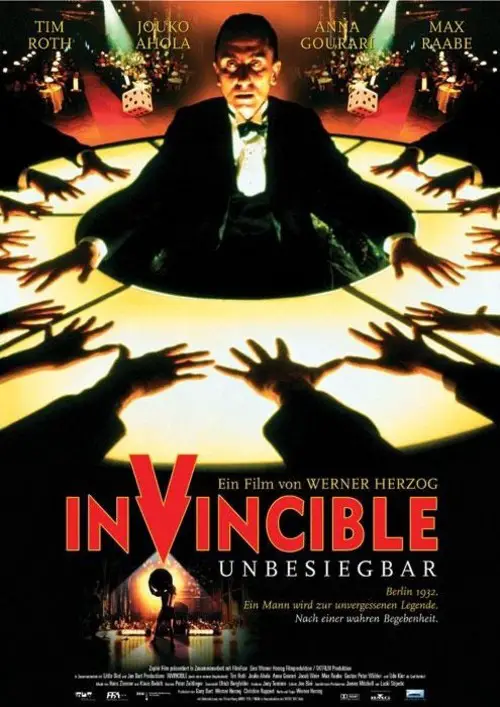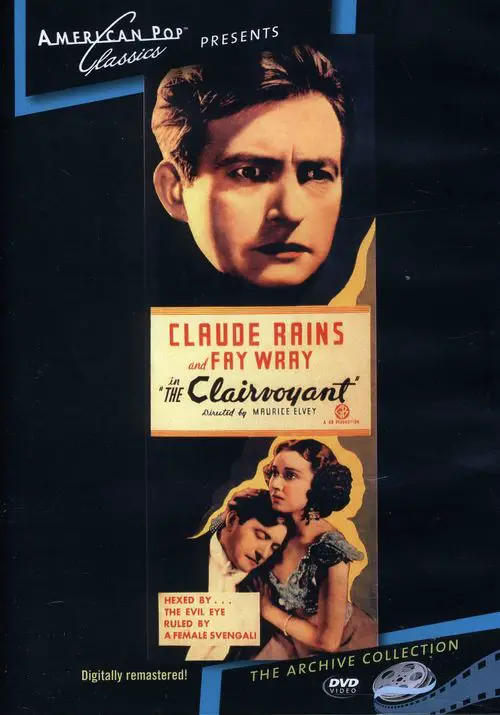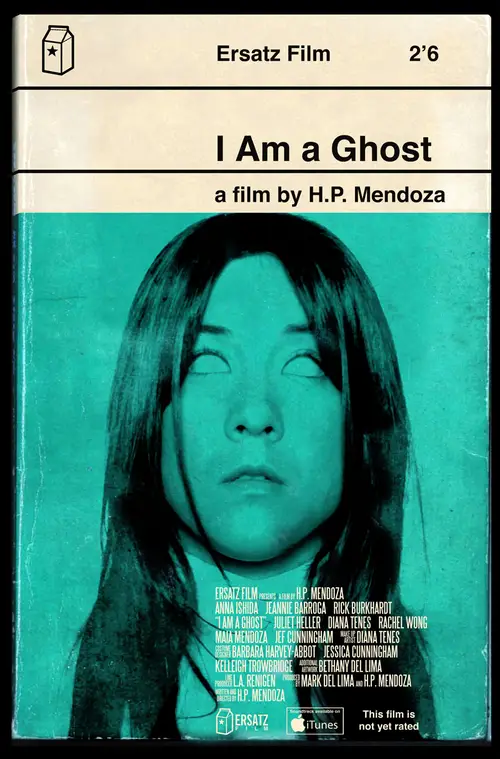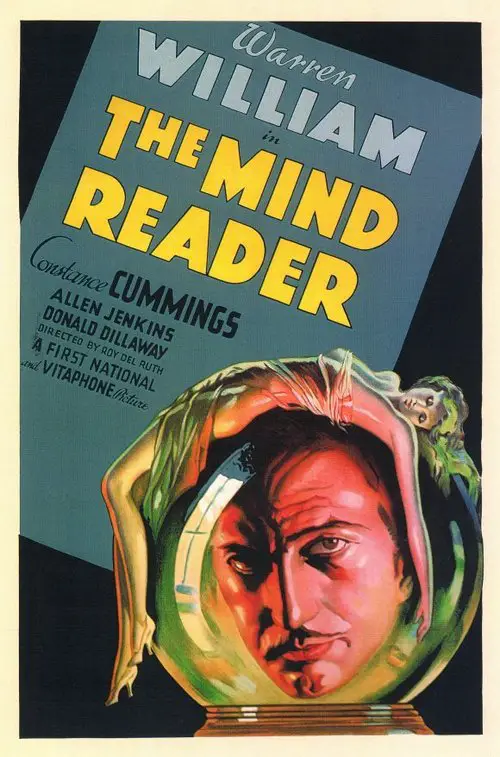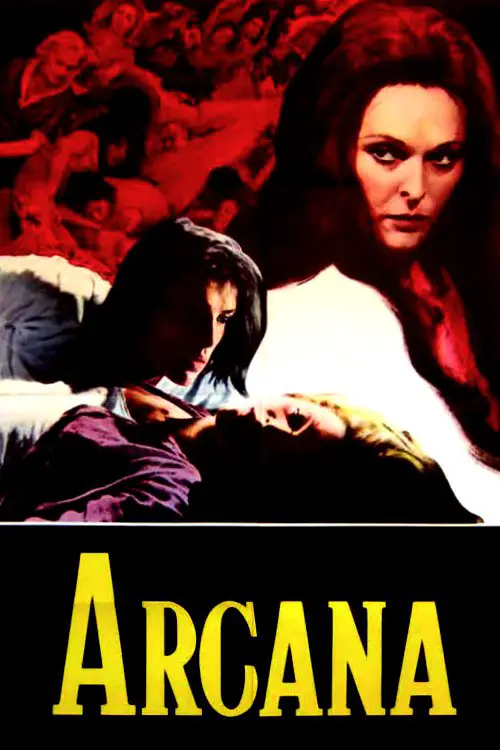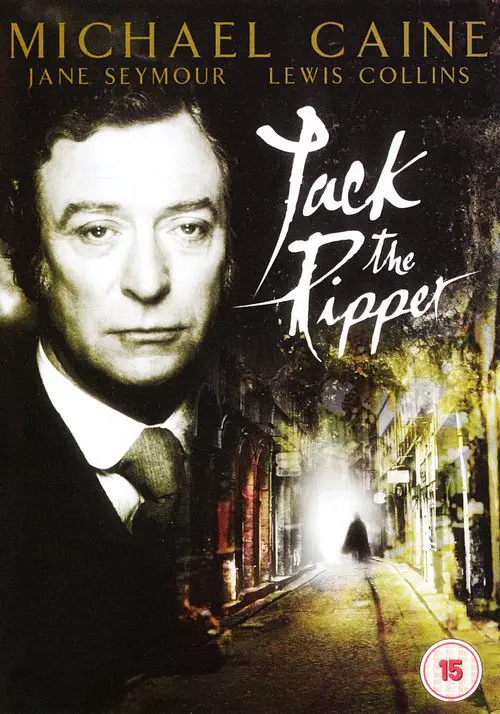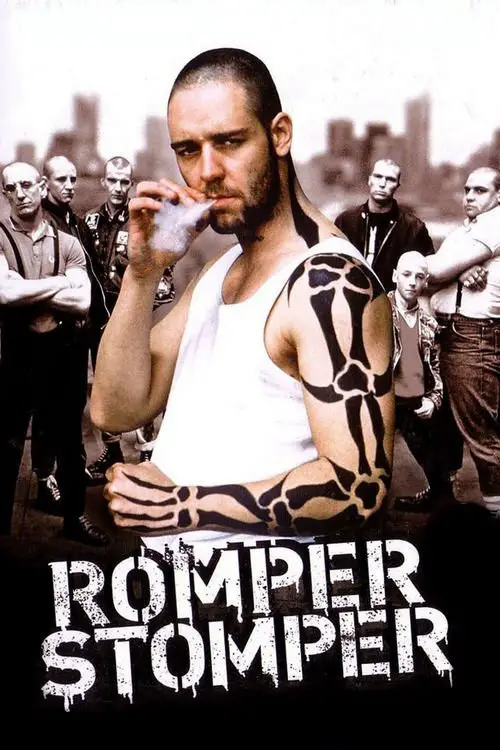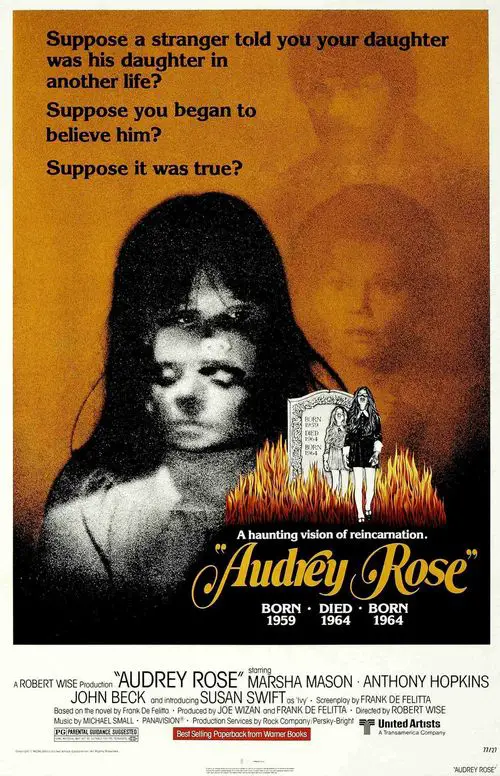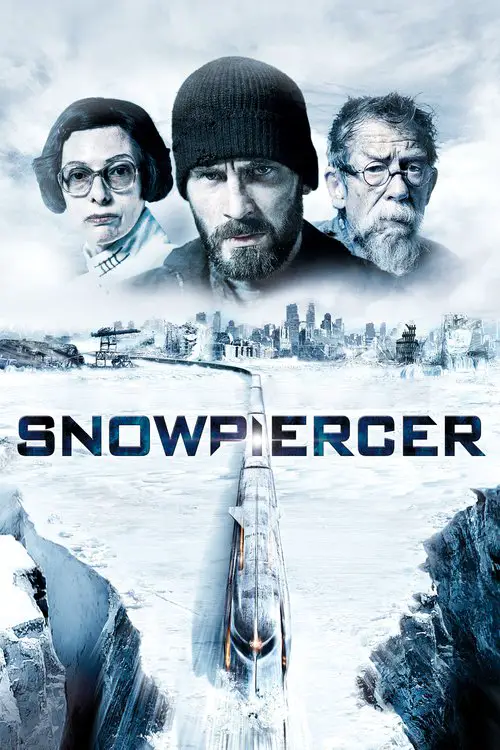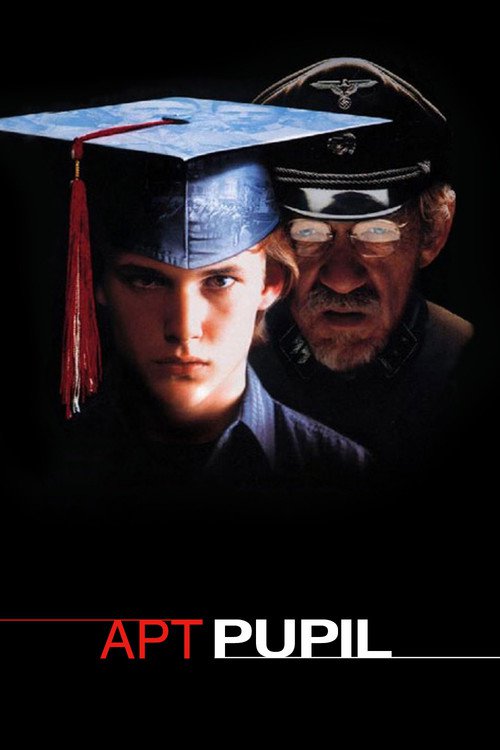Hanussen (1988)

Similar movies
During the Nazi occupation of Czechoslovakia, surgeon Dr. Franticek Svoboda (Brian Donlevy), a Czech patriot, assassinates the brutal "Hangman of Europe", Reichsprotektor Reinhard Heydrich (Hans Heinrich von Twardowski), and is wounded in the process. In his attempt to escape, he is helped by history professor Stephen Novotny (Walter Brennan) and his daughter Mascha (Anna Lee).
True story of Germany's most famous anti-Nazi heroine brought to thrilling, dramatic life. Sophie Scholl stars Julia Jentsch in a luminous performance as the fearless activist of the underground student resistance group, The White Rose. Armed with long-buried historical records of her incarceration, director Marc Rothemund expertly re-creates the last six days of Sophie Scholl's life.
Renowned journalist Torgny Segerstedt declares war against Hitler as he criticizes Swedish politicians who tried to look away from the tyranny of the Nazis with the good excuse of âneutralismâ. His only weapon is his pen and his life is full of gossip such as an affair with his bossâ wife, a love scandal with a secretary younger than his daughter, and the suicide of his wife. However, he continues to fight a one man battle against Hitler and the Nazi regime until his death, throwing the question âCan one person really change history?â to the audience.
The Nazis, exasperated at the number of escapes from their prison camps by a relatively small number of Allied prisoners, relocates them to a high-security "escape-proof" camp to sit out the remainder of the war. Undaunted, the prisoners plan one of the most ambitious escape attempts of World War II. Based on a true story.
Der Baader Meinhof Komplex depicts the political turmoil in the period from 1967 to the bloody "Deutschen Herbst" in 1977. The movie approaches the events based on Stefan Aust's standard work on Die Rote Armee Fraktion (RAF). The story centers on the leadership of the self named anti-fascist resistance to state violence: Andreas Baader, Ulrike Meinhof and Gudrun Ensslin.
Silent film master D.W. Griffith's first talkie works as a companion piece to his classic BIRTH OF A NATION, providing a detailed biographical sketch of the 16th president. We see his birth in a log cabin, the tragic death of his first love, Ann Rutledge (Una Merkel), his debates with Douglas, his accepting of the presidency, the terrible toll of the Civil War, and finally the tragic assassination at Ford's Theater. Griffith shows his usual meticulous attention to period detail, and the framing of the various vignettes has the feel of historical photographs come to life. Walter Huston is excellent in the title role, with a portrayal that subtly evolves from laconic, wizened rascal to noble elder statesman. This is a fascinating, worthy film, and an interesting historical document in and of itself.
Slovak musicologist Agata Schindlerová, now settled in Dresden, has spent years mapping out the forgotten destinies of Jewish musicians whose lives were irrevocably marked by the advance of nazism. Scenes from the lives of several of them are portrayed in the film In Silence (ballet dancer Alice Flachová, pianist and conductor Karol Ebert, composer, conductor and director of the Dresden Theatre Arthur Chitz, pianist Edith Kraus, and the vocal ensemble Comedian Harmonists), which draws a sharp contrast between the protagonistsâ carefree existence working and making music during the pre-war era and the subsequent severe upheaval in their lives brought on by the proliferation of nazism.
The film "Amen." examines the links between the Vatican and Nazi Germany. The central character is Kurt Gerstein, a member of the Institute for Hygiene of the Waffen-SS who is horrified by what he sees in the death camps. Moreover, he is shocked to learn that the process he used to purify water for his troops, by using zyklon, served as a basis to kill people in gas chambers.
The series is based on a true story of a Russian spy Colonel Isaev (Stirlitz) in Fascist Germany during 17 days in very end of WWII. Stirlitz has worked his way to the very top of the Fascist hierarchy without being caught. However, his "colleagues", top Hitler's officers Borman, Mueller, Schellenberg are beginning to suspect him. Stirlits is constantly walking on the edge between his two identities, sending information to Russia, while skillfully maintaining the appearance of loyalty to fascist regime.
Based on the true story of the greatest treasure hunt in history, The Monuments Men is an action drama focusing on seven over-the-hill, out-of-shape museum directors, artists, architects, curators, and art historians who went to the front lines of WWII to rescue the worldâs artistic masterpieces from Nazi thieves and return them to their rightful owners. With the art hidden behind enemy lines, how could these guys hope to succeed?
Wounded in Africa during World War II, Nazi Col. Claus von Stauffenberg returns to his native Germany and joins the Resistance in a daring plan to create a shadow government and assassinate Adolf Hitler. When events unfold so that he becomes a central player, he finds himself tasked with both leading the coup and personally killing the Führer.
Open City is a landmark in film history. Filmed in secrecy during the Nazi occupation of Italy, the film shows a realistic portrayal of the underground resistance in Italy in 1945. The film has strong impacting imagery with itâs mix of fiction and reality that strengthened Italian Neo-realism and the film industry.
In the winter of 1944, the Allied Armies stand ready to invade Germany at the coming of a New Year. To prevent this occurrence, Hitler orders an all out offensive to re-take French territory and capture the major port city of Antwerp. "The Battle of the Bulge" shows this conflict from the perspective of an American intelligence officer as well as from a German Panzer Commander
Seven years after the apparent death of Chen Zhen, who was shot after discovering who was responsible for his teacher's death (Huo Yuanjia) in Japanese-occupied Shanghai. A mysterious stranger arrives from overseas and befriends a local mafia boss. That man is a disguised Chen Zhen, who intends to infiltrate the mob when they form an alliance with the Japanese. Disguising himself as a caped fighter by night, Chen intends to take out everyone involved as well as get his hands on an assassination list prepared by the Japanese.
During Nazi occupation, red-headed Bent Faurschou-Hviid ("Flame") and Jørgen Haagen Schmith ("Citron"), assassins in the Danish resistance, take orders from Winther, who's in direct contact with Allied leaders. One shoots, the other drives. Until 1944, they kill only Danes; then Winther gives orders to kill Germans. When a target tells Bent that Winther's using them to settle private scores, doubt sets in, complicated by Bent's relationship with the mysterious Kitty Selmer, who may be a double agent. Also, someone in their circle is a traitor. Can Bent and Jørgen kill an über-target, evade capture, and survive the war? And is this heroism, naiveté, or mere hatred?
April 1945: Gregor Hecker, 19 years of age, reaches the outskirts of Berlin as part of the Red Army's scouting team. Having fled Germany with his family when he was eight, he is confronted with the dilemma of having to fight men from the very country he was born in. Through dealing with challenging situations (e.g. he is appointed commander of Bernau, talks to many disillusioned Germans, and is once and again attacked by scattered groups of German soldiers), he grows more confident that not all hope is lost for post-war Germany.
Wronke Prison, 1916. Social democrat Rosa Luxemburg faces a mock execution. Twenty years earlier, Rosa's political gifts are acknowledged by everyone, as she struggles for democratic government in Germany and revolution in Poland. There she works closely with Leo Jogiches. Their political activity creates some difficulty for their personal relationship... As international tensions rise, Rosa makes speeches denouncing war and militarism. She seems too radical for her fellow Socialists. She meets Karl Liebknecht. When World War I begins, Rosa and Karl are united in opposition...
Documentary-drama recounting the Martian War of 1913 - 1917. Europe was on tenterhooks in the 2nd decade of the 20th century, everyone was expecting a Great War between the major European powers. But then, in 1913, something crashed into the forests of SW Germany. Troops were sent to investigate but were wiped out. Martian fighting machines began making their way across Western Europe and the countries of Europe combined forces to resist them. With aspects taken from "The War of the Worlds" by H.G. Wells and from WWI itself, this dramatisation presents a documentary style look at events as they unfolded and the effect they had of our world today. Lots of references to real events including the mass attacks and defeats as men were thrown against machines on the Western front, the Christmas truce and the Angel of Mons, America's isolationism and late entry into the conflict, the worldwide "Spanish" flu epidemic that killed more people than the war, and many other things.
Max Manus is a Norwegian 2008 biographic war film based on the real events of the life of resistance fighter Max Manus (1914â96), after his contribution in the Winter War against the Soviet Union. The story follows Manus â played by Aksel Hennie â through the outbreak of World War II in Norway until peacetime in 1945.
Oskar Matzerath, son of a local dealer, is a most unusual boy. Equipped with full intellect right from his birth he decides at his third birthday not to grow up as he sees the crazy world around him at the eve of World War II. So he refuses the society and his tin drum symbolizes his protest against the middle-class mentality of his family and neighborhood, which stand for all passive people in Nazi Germany at that time. However, (almost) nobody listens to him, so the catastrophe goes on...
In the 17th century a Jesuit priest and a young companion are escorted through the wilderness of Quebec by Algonquin Indians to find a distant mission in the dead of winter. The Jesuit experiences a spiritual journey while his young companion falls in love with the Algonquin chief's beautiful daughter underneath the imposing and magnificent mountains. Dread and death follows them upriver.
A small town of Central America in the eighteenth century. Camilla, the star of a theater company, hesitates between three men. The Vice King gives her his magnificent golden coach. A young Spanish officer suggests the two of them settle down together among Indians. Ramon, a torero, offers her a share of his glory.
The historical recreation of the 1942 Wannsee Conference, in which Nazi and SS leaders gathered in a Berlin suburb to discuss the "Final Solution to the Jewish Question". Lead by SS-General Reinhard Heydrich, this group of high ranking German officials came to the historic and far reaching decision that the Jews of Europe were to be exterminated in what would come to be known as the Holocaust.
In April of 1945, Germany stands at the brink of defeat with the Russian Army closing in from the east and the Allied Expeditionary Force attacking from the west. In Berlin, capital of the Third Reich, Adolf Hitler proclaims that Germany will still achieve victory and orders his generals and advisers to fight to the last man. When the end finally does come, and Hitler lies dead by his own hand, what is left of his military must find a way to end the killing that is the Battle of Berlin, and lay down their arms in surrender.
Romm's "Ordinary Fascism" pulls out all the stops in its selection of documentary material to draw the viewer not only into absolute horror about fascism and nazism in the 1920s-1940s Europe, but also to a firmest of convictions that nothing of the sort should be allowed to happen again anywhere in the world.
Far outside what's normally taught as "history", this 6-hour documentary attempts to explain what's normally glossed over - Germany's actions prior to WWII, Hitler's popularity, the support of the Nazis by the Germans, the basis for hardline Nazi stances against Jews, and why Nazism was such a danger to the established world powers. It chronicles the German WWI defeat, communist attempts to take over Germany; hyperinflation during the Weimar Republic, widespread unemployment and misery that served as the foundation of Nazi principles, and Hitlerâs amazing rise to power. It also reveals a personal side of Hitler: his family background, his artwork and struggles, and what motivated him to pursue a career in politics. While open to criticism for being "pro-Nazi" in its perspectives, the documentary does present many factual foundations for those perspectives, highlighting an endless list of hypocrisies and double-standards imposed on Germany in the years before, during, and after WWII.
A documentary about the legendary series of nationally televised debates in 1968 between two great public intellectuals, the liberal Gore Vidal and the conservative William F. Buckley Jr. Intended as commentary on the issues of their day, these vitriolic and explosive encounters came to define the modern era of public discourse in the media, marking the big bang moment of our contemporary media landscape when spectacle trumped content and argument replaced substance. Best of Enemies delves into the entangled biographies of these two great thinkers and luxuriates in the language and the theater of their debates, begging the question, 'What has television done to the way we discuss politics in our democracy today?'
Prelude to War was the first film of Frank Capra's Why We Fight propaganda film series, commissioned by the Pentagon and George C. Marshall. It was made to convince American troops of the necessity of combating the Axis Powers during World War II. This film examines the differences between democratic and fascist states.
This historical melodrama (later remade by Henry Roussel himself in 1932 and Richard Pottier in 1952) set during the reign of Napoleon III of France. Here, Raquel Meller plays a Spanish flower girl who saves the life of the French empress Eugenie de Montijo (played by Suzanne Blanchetti), by taking her place in her carriage. When the carriage is overthrown by the anarchist's bomb, the girl survives because of the masses of violets in the imperial carriage, the empress' favorite flowers.
This movie tells the story of Omar Mukhtar, an Arab Muslim rebel who fought against the Italian conquest of Libya in WWII. It gives western viewers a glimpse into this little-known region and chapter of history, and exposes the savage means by which the conquering army attempted to subdue the natives.
Near Trianon, the young Queen Marie-Antoinette built a small and secret theater, to act and sing herself with friends and family. The little theater is still there, newly restored. For the first time since the XVIII century, opera arias and symphonies by Gretry and Gossec, two of the queen's best composers, are played with ancient sets and instruments. A cycle of late 18th century music, programmed by the Baroque Music Center of Versailles, showcases the finest compositions of the musical repertoire played in Paris, under the influence of Marie-Antoinette, during the reign of Louis XVI. The Center joined with French-speaking musicians from different horizons, giving pride of place to the great French-Walloon composers, Andre-Modeste Gretry and Francois-Joseph Gossec. Both enjoyed major careers under Louis XVI: the first built his reputation on his comic operas, which Marie-Antoinette greatly admired; the second came to be considered the true father of the French symphony.
In the year 1793, 17 years after Jeongjo became the King of Joseon, a series of murders occur. King Jeongjo believes the murders may belong to a conspiracy by government officials to cover up tributary payments. King Jeongjo then gives Detective K (Kim Myung-Min) a secret order to find out who is behind the killings.
Emily, a troubled spirit, haunts her own house every day, wondering why she can't leave. With the help of Sylvia, a clairvoyant hired to rid the house of spirits, Emily is forced into a 'patient/therapist' relationship, uncovering disturbing mysteries about her past that may help her move on to 'the next place
Chandler, a con-man, and his helper Frank decide to create a clairvoyant act for the carny circuit, as a little research reveals Ameicans spent $125 million on mind-readers and astrology. The carny, renamed Chandra, falls for one of his marks, Sylvia, but their love is tested when he brings tragedy to other peoples' lives and she asks him to go straight.
A Sicilian widow earns her living as a clairvoyant, in Milan, but she hasn't got any power at all. Her son instead holds supernatural powers and with the help of his mother he becomes a strong sorcerer. But he fails perhaps to understand the real strength he possesses inside and unbinds uncontrolled forces that lead people that surround him to go mad.
Jack the Ripper was a 1988 two-part television movie/mini-series portraying a fictionalized account of the hunt for Jack The Ripper, the killer responsible for the Whitechapel murders of 1888. The series coincided with the 100th anniversary of the murders. Using historical characters involved in the genuine 1888 hunt for the killer, the film was written by Derek Marlowe and David Wickes
Nazi skinheads in Melbourne take out their anger on local Vietnamese, who are seen as threatening racial purity. Finally the Vietnamese have had enough and confront the skinheads in an all-out confrontation, sending the skinheads running. A woman who is prone to epileptic seizures joins the skins' merry band, and helps them on their run from justice, but is her affliction also a sign of impurity?
Neighborhood boy Todd Bowden (Renfro) discovers that an old man living on his block named Arthur Denker (Mackellan) is nazi war criminal. Bowden confronts Denker and offers him a deal: Bowden will not go to the authorities if Denker tells him stories of the concentration camps in WWII. Denker agrees and Bowden starts visiting him regularly. The more stories Bowden hears, the more it affects him.
© Valossa 2015–2025
| Privacy Policy

